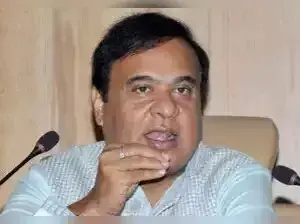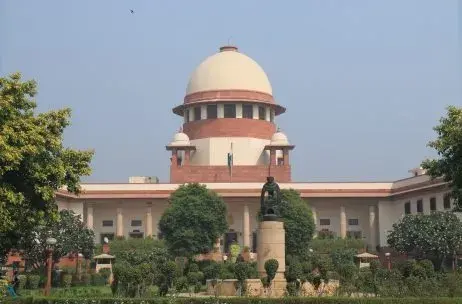Education Ministry greenlights IIM-Guwahati courses starting next academic year, says Assam CM
Assam Chief Minister Himanta Biswa Sarma announced that the Indian Institute of Management (IIM)-Guwahati will commence courses from the next academic year after receiving consent from Union Education Minister Dharmendra Pradhan. Sarma held high-level discussions with several Union ministers, including Rajnath Singh, Nitin Gadkari, Nirmala Sitharaman, and S. Jaishankar, to address various issues related to education, environment, power, and finance in the state. Key outcomes of the meetings include assurances on royalty settlements from hydrocarbon industries, support for Assam’s Teacher Training Institute, and measures to augment technical education in the state. The ministers also discussed climate change mitigation efforts, enhancing Assam’s energy security, developing urban wetlands, and leveraging central schemes to boost the state’s infrastructure and economic resilience. The decision to commence courses at IIM-Guwahati from the next academic year is a significant milestone for the state’s higher education landscape. The institute is expected to attract top talent and contribute to the development of skilled professionals in Assam and the region.



